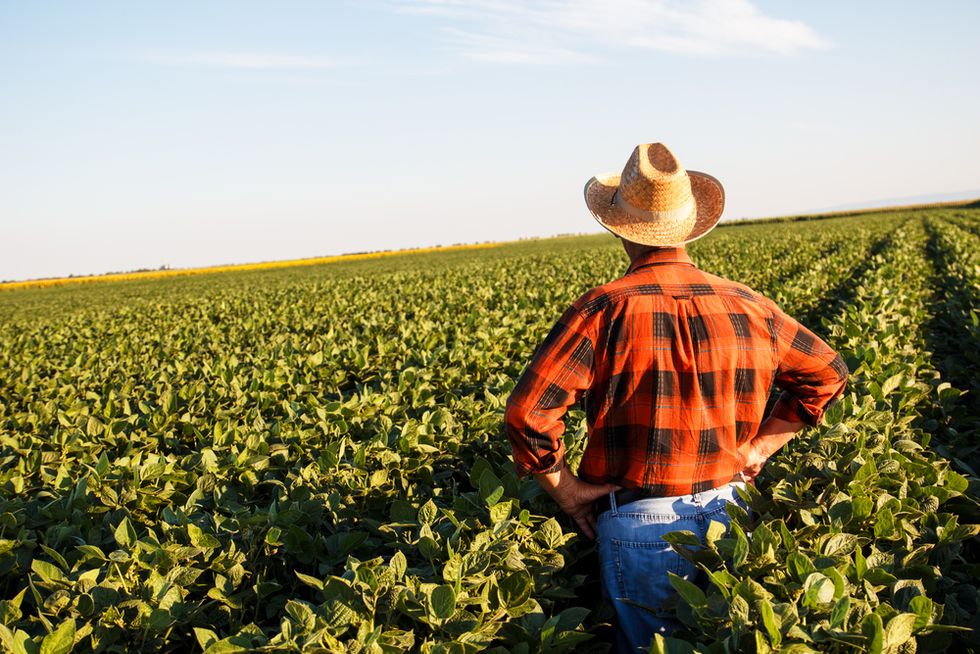URGENT UPDATE: The Trump administration has made a startling admission regarding its immigration policies, stating that tougher enforcement is negatively impacting U.S. farmers and driving up food prices. In a recent article published on Saturday by the Washington Post, the Labor Department declared that its immigration crackdown is disrupting the labor supply critical to agriculture.
According to an official document filed with the Federal Register last week, the Labor Department warned of a “near total cessation of the inflow of illegal aliens,” which poses a significant threat to the stability of domestic food production and prices for U.S. consumers. The report highlights that without immediate action to ensure a stable and lawful labor source, the situation could deteriorate further.
The document explicitly states, “Unless the Department acts immediately to provide a source of stable and lawful labor, this threat will grow.” It further concludes that “qualified and eligible U.S. workers will not make themselves available in sufficient numbers” to fill agricultural jobs.
This admission marks the first significant acknowledgment from the Trump administration that its stringent immigration enforcement policies—designed to seal the border and deport undocumented immigrants—are leading to labor shortages and potentially soaring food prices. The American Prospect first reported these comments, emphasizing their serious implications for the food supply chain.
Economists have raised concerns since the Trump campaign began last year, warning that such policies could disrupt agricultural labor. The implications for American farmers and consumers are urgent, as rising food prices could affect households nationwide.
As this story develops, the Labor Department’s recognition of the issue raises critical questions about how the administration will respond to the impending crisis in food production. The impact on everyday Americans who rely on stable food prices cannot be overstated, making this a pressing matter for both policymakers and consumers.
Stay tuned for updates as we continue to monitor the situation and its effects on the agricultural sector and food prices across the United States. This issue is evolving rapidly, and its significance is felt by farmers and consumers alike. Share this story to keep others informed about the implications of these new developments.


































































